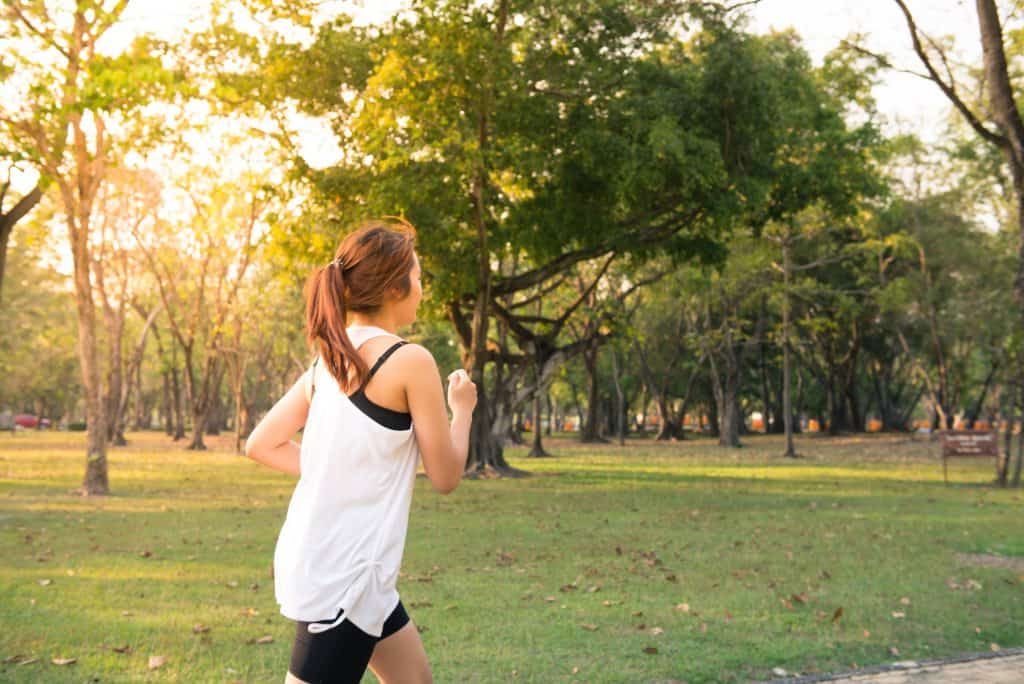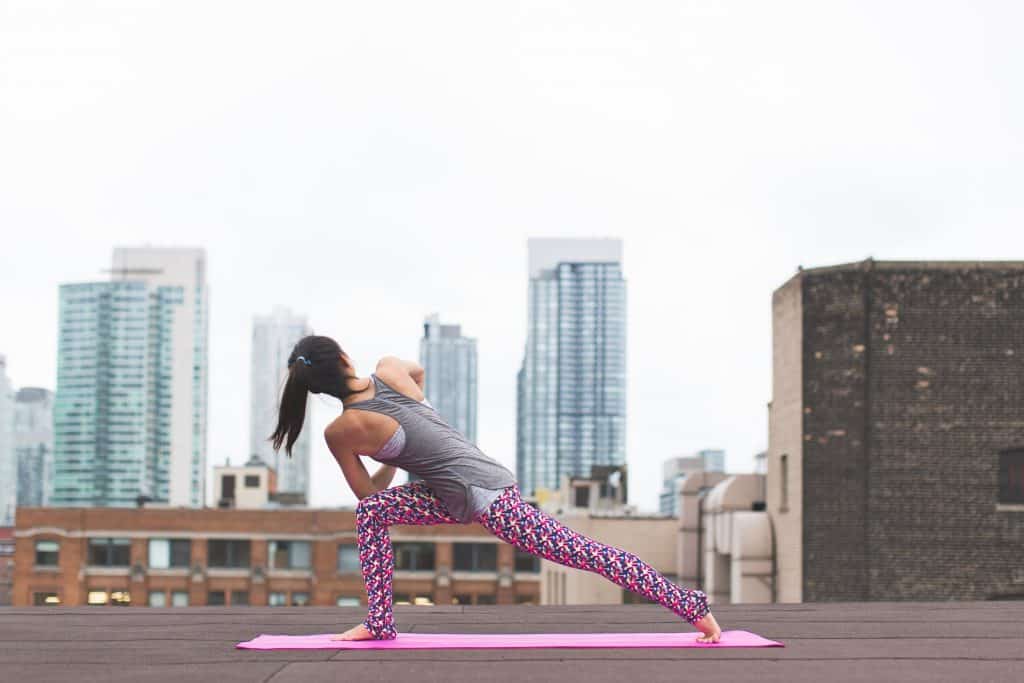Feeling nervous or apprehensive are emotions we all experience from time to time. These feelings may arise in situations such as making a presentation, participating in a sporting final or
attending a medical appointment. In some cases, these feelings can propel us to perform at our best, for example, in the case of sitting an examination. The majority of the time, feelings of nervousness or apprehensiveness will naturally subside following the conclusion of an event.
However, where a person is suffering from anxiety, feelings of uneasiness, worry and concern are chronic and can significantly impact their ability to go about their daily activities. Anxiety has a number of different causes, which may differ from person to person. These causes may include family history, personality type, illness (physical and/or mental), chronic stress, exposure to trauma and/or a challenging lifestyle. (For more information on the variety of causes of anxiety, please take a moment to read our article ‘What Causes Anxiety?’ by clicking here).
Fortunately, there are a number of natural ways to manage symptoms of anxiety. One of the most popular and well-recognised ways to help manage and ease anxiety is by engaging in regular exercise. Let’s take a look now at some of the key benefits of regular exercise for anxiety.
Key Benefits of Regular Exercise for People Suffering from Anxiety
Enhances Mood Due to The Release of Feel-Good Endorphins
Feel-good endorphins (natural mood-heightening chemicals) are produced and released by the brain when we exercise. Endorphins are designed to prevent pain when exercising, but also have a number of other important roles, such as lifting our spirits, relaxing our mind, regulating our mood and enhancing our overall feeling of happiness and wellbeing.
Additionally, exercise can help our bodies to reduce production of our stress hormones (i.e. cortisol and adrenaline), which are released when we feel stressed. As a result, our bodies can reduce the need to engage in a “fight or flight” response.
Enables Release of Physical Tension
Regular exercise is a healthy coping strategy and a great way to release physical tension and tightness throughout the body when suffering from anxiety. Often when we feel chronically anxious, we are harbouring extra energy which can fuel our anxiety – engaging in exercise is an excellent way to release this extra energy and can help to reduce feelings of stress, anxiety and frustration.
Improved Energy Levels
A person experiencing anxiety (and especially where they are concurrently experiencing depression) may lack motivation and or energy to achieve what they need to due to their anxiety holding them back. Regular exercise can help us not only to feel good physically thanks to improved physical health and an increased level of fitness, but can also help us to feel more energised and motivated to get going with our day-to-day activities.
As exercise gives us the opportunity to shift our focus to the present moment as opposed to what is worrying us, it can also help to reduce mental exhaustion and fatigue.
A Healthy Distraction Tool
When we are feeling stressed, we have a tendency to focus our mind and concentration on what is causing our or contributing to our stress (such as an upcoming deadline at university or work). Exercise gives our mind the opportunity to temporarily remove our focus from the source of stress and rather apply it to our current physical activity (for example, running, swimming or lifting weights).
Boosts Self-confidence and Builds Resilience
A person struggling with anxiety may be concurrently struggling with low self-esteem and/or self-confidence. Exercise is a fantastic tool for boosting our self-confidence and self-esteem, as we recognise we are in fact able to achieve our exercise goals/targets, as well as achieve improved physical health, appearance and strength. Participating in regular exercise can feel as though our body is cheering on our mind.
Exercising regularly also allows for us to build up our resilience, by means of (safely) pushing our body (and therefore mind) beyond our comfort zone. When our session is complete, we often feel a great sense of achievement and an increased ability to be able to rise to challenges as they are thrown our way. Feeling fit and strong can help us to feel better equipped to face our fears and worries and can increase our overall motivation for life. Exercise also teaches us when we need to rest and recover.
Some people find having a routine can be helpful when it comes to exercise as a tool to help manage their anxiety, however, it is important to seek advice from a qualified health/exercise professional as to what is most suitable for you and your body.
Enhances Ability to Focus On The Present Moment
Mindfulness meditation (i.e. the practice of focusing the mind (meditation) on the present moment (mindfulness)) has a number of benefits for people suffering from anxiety. In many cases, exercise is an opportunity for us to practice mindfulness and meditation, by means of focusing our attention on both moving our body and our breathing accordingly.
In this situation, we are able to focus our thinking on what is happening in the moment (i.e. the present moment), rather than our worries or concerns. This can help us in normal everyday situations when anxiety may strike, and we may be better equipped as a result to focus on the present moment only and/or our breath, rather than allowing our racing thoughts to take over.
For more information on the array of benefits of mindfulness meditation for sufferers of anxiety (and depression), check out our article ‘Beginners Guide To Mindfulness Meditation For Depression And Anxiety’ by clicking on this link.
Encourages Positive Social Interaction
Sometimes, anxiety can cause a person to withdraw from social situations involving family and friends. Exercise gives you the opportunity to meet and/or spend time with other people, for example, in the case of taking a walk around your local neighbourhood or joining a gym or sporting club of your choice nearby to home, school or work. A cheerful smile or greeting from another person can bring joy and help to lift our mood.
Inactivity due to anxiety can lead to us missing out on joyful and positive experiences with other people. These experiences can distract our minds and enable us to have fun at the same time! You may wish to consider an exercise buddy, which will not only increase your social activity, but can also help you to maintain a routine when it comes to regular exercise.
Promotes Quality Sleep
Many people suffering from anxiety have trouble sleeping, whether it be falling asleep with ease at night, staying comfortably asleep overnight, or waking earlier than normal due to worries and/or a racing mind.
Regular exercise has a great number of benefits for people battling anxiety. Firstly, physical tiredness as a result of exercise can help the body and mind to relax, which may assist you to fall and stay asleep more easily. Secondly, physical exercise can help to reduce stress levels by releasing physical and mental stress, which can reduce the likelihood of worrying and delaying the onset of sleep. Thirdly, as exercise gives us a natural energy boost, it promotes daytime alertness and when the day comes to an end, can help to bring about sleep.
There are days for all of us where we struggle to find time to exercise. Vigorous exercise before bed can actually make it more difficult to fall asleep with ease; therefore, if you plan to exercise in the evening, gentle movement such as stretching or yoga may be more beneficial for promoting good sleep.
May Help to Alleviate Symptoms Of Associated Conditions (e.g. Depression)
Not only is exercise largely beneficial for people struggling with anxiety, it also has numerous benefits for associated mental health conditions such as depression. Whereby exercise can help to reduce symptoms of an associated condition, feelings of anxiety may also decrease (i.e. in the case of depression and anxiety, the two conditions can fuel one another).
Promotes Overall Good Health
Regular exercise not only is a handy tool for people suffering from anxiety, it also promotes good overall health. Good physical health can help to reduce feelings of anxiety (particularly in instances where a person’s stress and worries are often health-related).
Additionally, regular exercise can help us to maintain a healthy immune system and can motivate us to practice healthy habits (such as proper nutrition and a healthy sleep routine).
Exercise (be sure to choose something you enjoy!) on a regular basis can be largely beneficial for people suffering from anxiety. However, exercise alone does not offer a full solution with regards to recovering from anxiety. If you or someone you care about are struggling with anxiety, it is best to seek assistance from a qualified professional. Feel free to get in touch with a friendly member of our team here at Blissiree Pty Ltd to help you recover from anxiety and get back to living a happier life as soon as possible.





